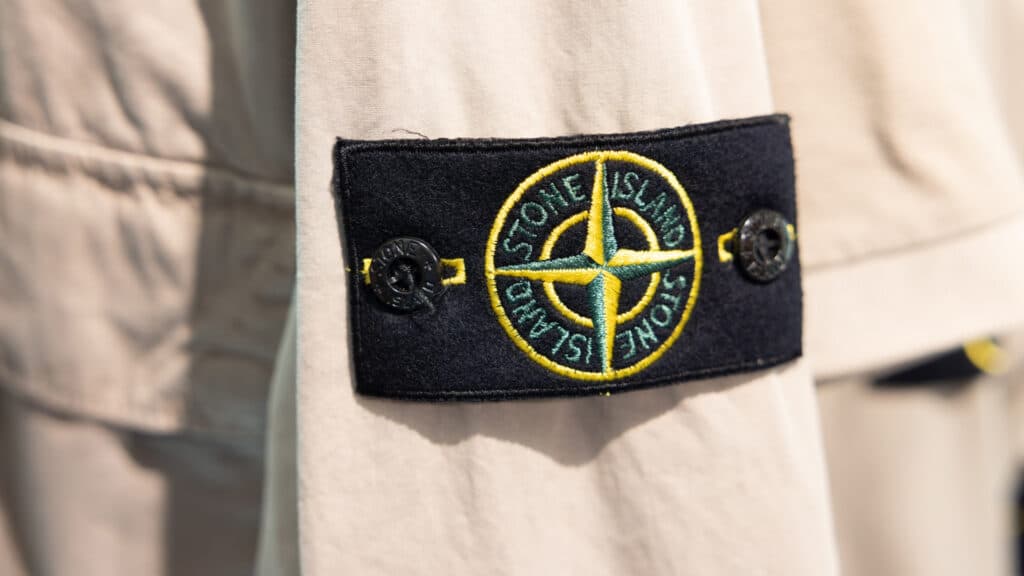
Musicians, athletes and fashion enthusiasts around the globe have embraced the Italian brand Stone Island for its high-end technical jackets and distinctive compass logo. But as the brand becomes more visible among extremist groups, partly because of its ties to British football culture in the 1990s, renewed debate has emerged over how brands respond when political movements co-opt their products, CNN reports.
The practice of extremists adopting certain brands is not new. In the 1990s, in Germany, far-right groups used coded clothing to bypass bans on Nazi symbols, wearing items from labels like Lonsdale and New Balance to signal allegiance discreetly.
Similar controversies have also affected other labels. In 2020, British brand Fred Perry halted sales of a popular polo shirt after it became linked to the U.S. far-right group Proud Boys. In 2016, New Balance denounced neo-Nazi supporters who called its sneakers «the official shoes of white people.»
Facing challenges associated with popularity among extremist groups, many companies have successfully reclaimed their image by promoting inclusive values. Lonsdale, once heavily associated with neo-Nazi groups, rebranded itself through large-scale anti-racism campaigns in the early 2000s.
Washington-based sociologist Cynthia Miller-Idriss said companies should avoid any association with groups that promote violence, regardless of ideology. Successful actions by some brands show that they can «take back the narrative» by supporting causes that align with their principles, Miller-Idriss emphasized.

